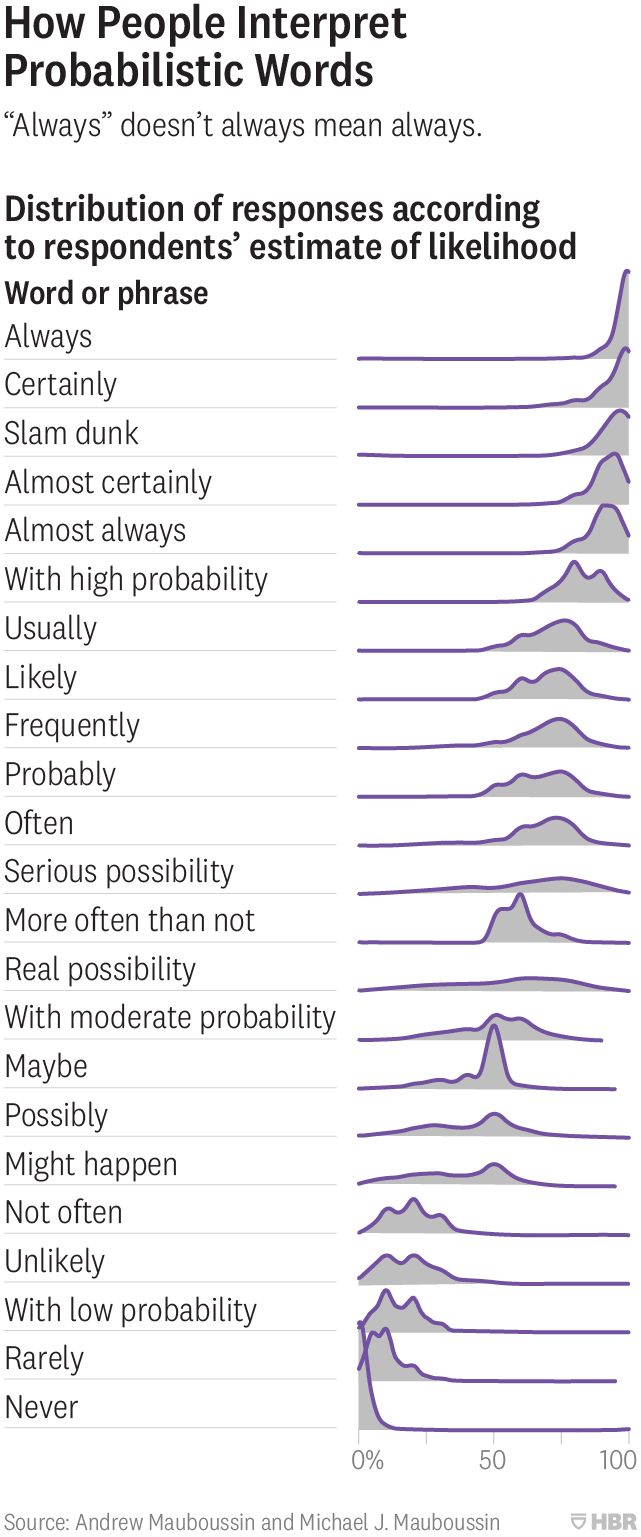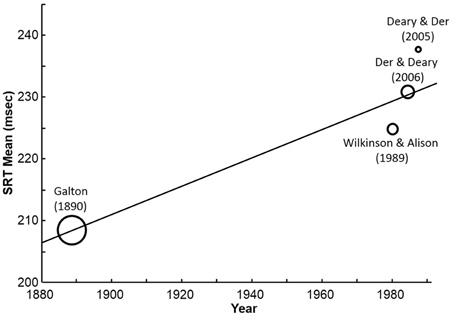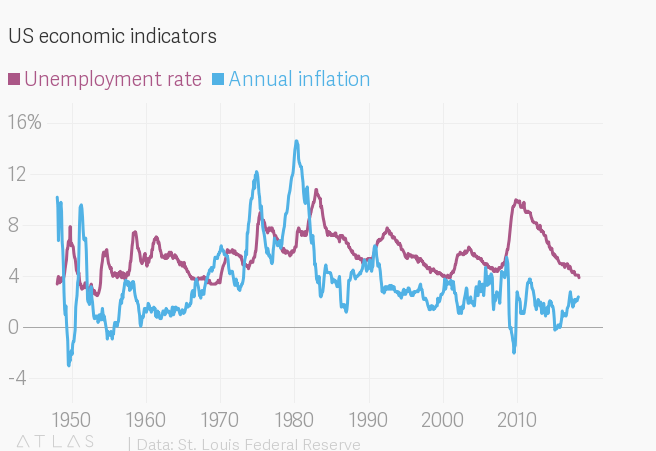Source: Cory Doctorow: Zuck’s Empire of Oily Rags – Locus Online
while the acknowledgment of the problem of Big Tech is most welcome, I am worried that the diagnosis is wrong. … we’re confusing automated persuasion with automated targeting. … Facebook isn’t a mind-control ray. It’s a tool for finding people who possess uncommon, hard-to-locate traits, whether that’s “person thinking of buying a new refrigerator,” “person with the same rare disease as you,” or “person who might participate in a genocidal pogrom,”
It’s fashionable to treat the dysfunctions of social media as the result of the naivete of early technologists, who failed to foresee these outcomes. The truth is that the ability to build Facebook-like services is relatively common. What was rare was the moral recklessness necessary to go through with it.
…
dossiers on billions of people hold the power to wreak almost unimaginable harm, and yet, each dossier brings in just a few dollars a year. For commercial surveillance to be cost effective, it has to socialize all the risks associated with mass surveillance and privatize all the gains.There’s an old-fashioned word for this: corruption. In corrupt systems, … the costs are widely diffused while the gains are tightly concentrated, so the beneficiaries of corruption can always outspend their victims to stay clear.
Facebook doesn’t have a mind-control problem, it has a corruption problem. Cambridge Analytica didn’t convince decent people to become racists; they convinced racists to become voters.


